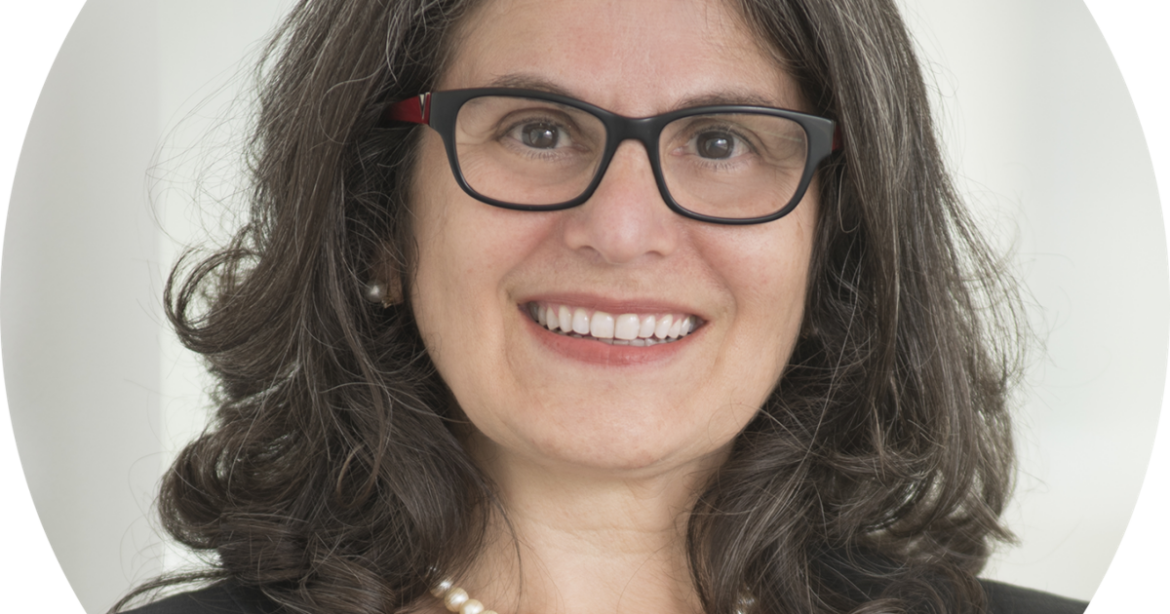Last month I wrote a column on the benefits of the Mediterranean diet. At a talk I gave in January on this subject for the Siegal Lifelong Learning Program at Case Western Reserve University in Cleveland, I spoke on “Healthy Cooking: Tradition meets Wellness.”
We learned how this ancient cuisine dovetails so beautifully with features we now understand to nourish us so well: many fresh fruits and vegetables; a focus on legumes, especially chickpeas; nourishing fats, notably olive oil and tahini – derived from olives and sesame seeds, respectively – whose unabashed use in the Mediterranean diet have continued for millennia. I reviewed traditional use of meats and poultry more for flavor enhancement than as large cuts. While meats might be used in soups and stews, and grilled meats might be enjoyed at occasional celebrations, you won’t find a T-bone steak, for example, on the menu. I answered insightful questions about dairy, ultra processed fats, the importance of variety in our diets.
This month’s column comes to you from Jerusalem, where we are spending a month visiting with my son and daughter-in-law, talented cooks who have both taught me to use Middle Eastern spices with abandon, and our grandson, born in the month of Adar to great fanfare (every year), and now, suddenly, about to turn 3 years old.
Beginning in 1978, the year I graduated from college, my husband and I have had the privilege of visiting Israel many times, so the sum total time of our visits, including almost two years just after we were married in 1980, adds up to probably three years or more. In the early years we spent a lot of time touring the country, seeing sites, meeting cousins, making friends. Now we spend most of our time in and around Jerusalem, meeting our friends’ new grandchildren and eating at our favorite restaurants.
Israelis take their salads quite seriously. There is no such thing as a limp leaf of iceberg lettuce topped by a tasteless slice of tomato and a bitter, thawed slice of cucumber, all drowning in corn syrup. Instead you’ll receive your choice of a large mound of fresh greens plus all variety of beautiful colorful vegetables, perhaps some pickled and others fresh, and with a dressing based on olive oil or perhaps tahini. Simple, elegant, flavorful and sublime. I often find myself wondering why it is that so many American restaurants cannot serve such a salad.
Another thing I love about Israeli restaurants is the seriousness with which they take requests to prepare a dairy-free meal. A knowing nod, and it’s all arranged. No need to elaborate, to ask for an ingredient list, to review the components of a particular dish. I’m all set. I have yet to send back an omelette sprinkled with feta or a salad smothered in mozzarella cheese.
The multi-faceted evolution of my interest in nourishing food is a story for another day. But the Mediterranean diet began to play its delicious role in my kitchen a lifetime ago.
Dr. Roxanne Sukol writes about adult health, preventative medicine and wellness for the Cleveland Jewish News. She is a retired internal medicine physician from Cleveland Clinic.

